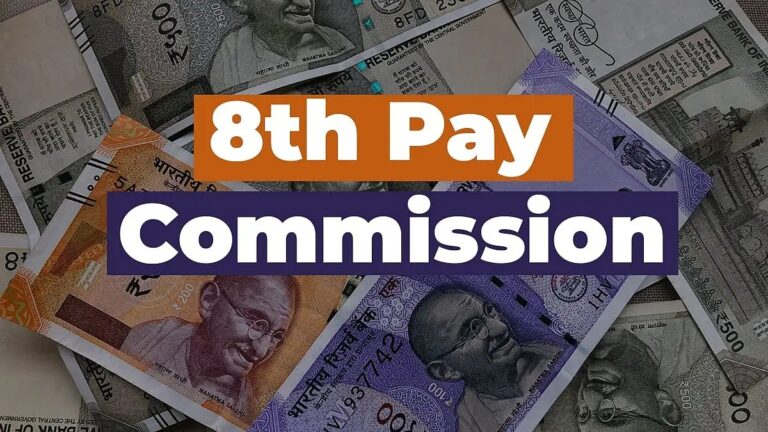
Supreme Court Set to Address DA Dispute: Key Arguments and Historical Context
The Supreme Court has scheduled a hearing for a pivotal case concerning Dearness Allowance (DA) for state government employees, with significant implications for workers in West Bengal and Tamil Nadu. Malay Mukhopadhyay, General Secretary of the Confederation of State Government Employees, has emerged as a central figure in this legal battle. Through a video message, Mukhopadhyay has directly refuted the Tamil Nadu government’s claims that DA rates should be determined solely by state authorities. His arguments, rooted in historical data and legal precedents, aim to secure equitable DA rates for employees working in Delhi and Chennai, where central government rates have historically been applied. This case could redefine the financial rights of thousands of state government workers across India, particularly those in West Bengal, who have long sought similar treatment to their counterparts in Tamil Nadu.
State Government’s DA Argument and Its Flaws
The Tamil Nadu government’s primary argument hinges on the assertion that DA rates for its employees should be governed by state-specific economic conditions. However, Mukhopadhyay has dismantled this stance by citing a critical historical precedent. Since 2016, employees of West Bengal and other states working in Delhi and Chennai have consistently received DA at central government rates, mirroring the treatment of central government employees. This practice, established under the 7th Pay Commission, saw DA rates rise from 2% to 142% over time, adjusted based on the Consumer Price Index (CPI). The state government’s claim that DA should be determined locally overlooks this long-standing precedent, which has been upheld for over a decade. Mukhopadhyay’s evidence suggests that the Tamil Nadu government itself adheres to central rules when calculating DA, further undermining its argument.
Historical Order and Legal Precedent for Central Rates
A landmark 1994 order, issued during the Left Front government’s tenure, has been central to Mukhopadhyay’s case. This order mandated that state government employees posted in New Delhi receive DA, House Rent Allowance (HRA), and City Compensation Allowance at central government rates. The policy was later extended to employees in Chennai, effectively tying DA rates to the All India CPI. This decision, now over 25 years old, has been a cornerstone for workers in Tamil Nadu, where the state government also follows central guidelines for DA calculations. The 1994 order, combined with the 2016 implementation of the 7th Pay Commission, creates a legal framework that supports the argument for uniform DA rates across states. This historical context strengthens the case for West Bengal employees, who have been denied similar benefits despite working in regions with central government rates.
Legal Implications for West Bengal and Tamil Nadu Employees
The Supreme Court’s decision in this case could set a precedent for state government employees nationwide. If the court rules in favor of the Confederation, it would compel states like West Bengal to adopt central government DA rates for employees working in Delhi and Chennai. This outcome would align with the existing practices in Tamil Nadu, where the state government already follows central guidelines for DA calculations. The case also highlights the broader struggle for equitable treatment of state government workers, who often face disparities in benefits compared to their central counterparts. By presenting historical data and legal precedents, Mukhopadhyay’s arguments aim to dismantle the Tamil Nadu government’s claim and secure rightful compensation for workers. The ruling could significantly impact the financial stability of thousands of employees, ensuring they receive DA rates that reflect national economic conditions.
Conclusion: A Victory for Workers’ Rights
The DA case represents a critical juncture for state government employees seeking fair compensation. Malay Mukhopadhyay’s arguments, grounded in historical records and legal precedents, challenge the Tamil Nadu government’s stance and advocate for uniform DA rates across states. The Supreme Court’s ruling could redefine the financial rights of employees in West Bengal and other states, ensuring they receive benefits aligned with national economic conditions. With the Confederation of State Government Employees armed with comprehensive documentation, the case underscores the importance of legal advocacy in securing workers’ rights. The outcome of this hearing may not only resolve the immediate dispute but also set a precedent for equitable treatment of state government workers nationwide, reinforcing the principle that economic conditions should dictate DA rates, regardless of state boundaries.



